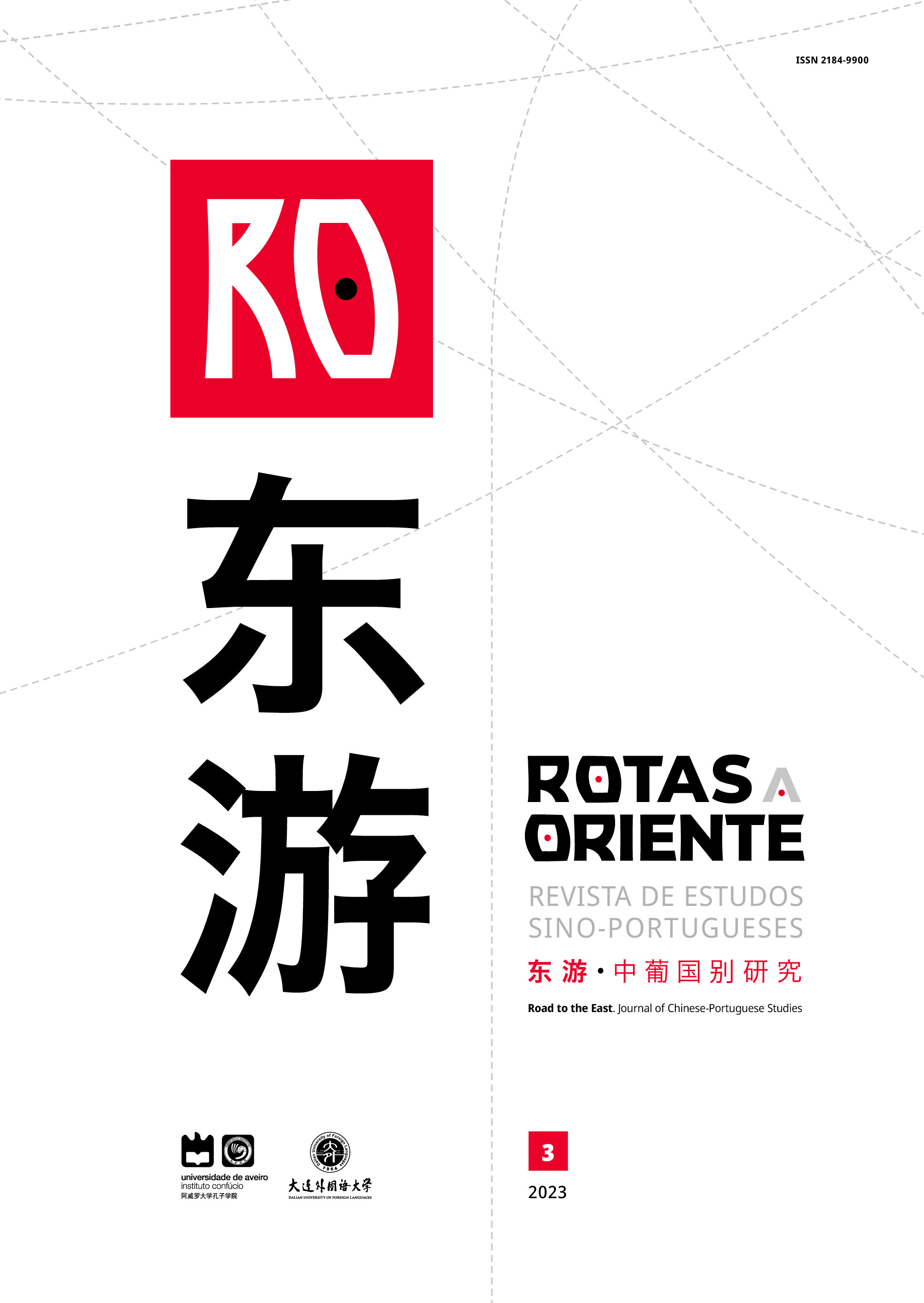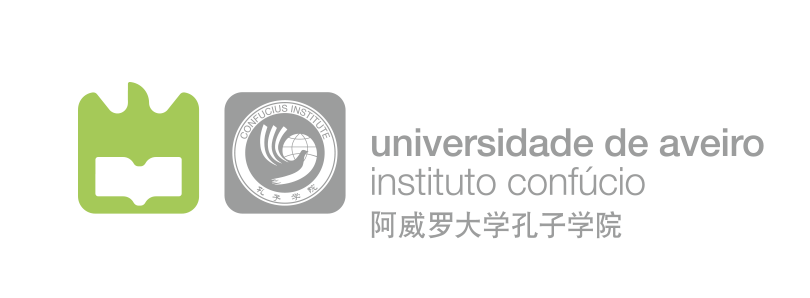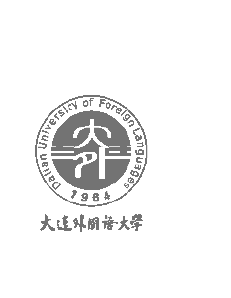Reescrita: o potencial dos textos catalisadores
Resumo
A reescrita constitui uma estratégia de desenvolvimento da escrita, em língua materna e em língua não materna. O presente artigo apresenta um estudo enquadrado pela pedagogia de base genológica, cujo objetivo consistiu em caracterizar versões iniciais e versões resultantes de reescrita, produzidas por aprendentes chineses de Português. Entre a escrita inicial e a reescrita, o elemento catalisador consistiu no trabalho sobre um texto do mesmo género, que serviu de base à explicitação de características estruturais, à observação de estratégias discursivas e à apreensão de construções linguísticas. A análise confrontou as versões quanto a extensão, estrutura e presença de incorreções e identificou a reutilização de estratégias discursivas e construções do texto trabalhado. Os resultados revelam alterações, na reescrita, no nível estrutural global e intermédio. Revelam ainda a retoma de estratégias discursivas encontradas no texto catalisador e de segmentos linguísticos que podem ser transversais dentro do género.
Referências
Barbeiro, L. (2016). Paráfrase e reescrita no percurso para a autonomia: Que patamar de proximidade textual? In J. A. B. Carvalho, M. L. Dionísio, E. Mesquita, J. Cunha, & A. Arqueiro (Org.), V SIELP – Simpósio Internacional de Ensino de Língua Portuguesa / V FIAL – Fórum Ibero-Americano de Literacias (pp. 74-83). Braga: CIEd, Univ. do Minho.
Barbeiro, L. (2019). Escrita: tecer e esculpir o texto. Letras de Hoje, 54(2), 221-230. https://doi.org/10.15448/1984-7726.2019.2.32354
Barbeiro, L. (2020a). Reescrita e correção formal. In R. Vicente, & C. Defendi (Org.), Estudos de linguagem em perspectiva: Caminhos da interculturalidade (pp. 122-129). Pernambuco: UFRPE.
Barbeiro, L. (2020b). Da leitura à reescrita: Propostas e percursos da pedagogia baseada em gêneros. Educação e Pesquisa, 46, e218410. https://doi.org/10.1590/s1678-4634202046218410
Barbeiro, L. (2022). Os processos na atividade de escrita: Estudo com base na escrita colaborativa. Acta Scientiarum. Language and Culture, 44, e57804. https://doi.org/10.4025/actascilangcult.v44i1.57804
Christie, F. (2013). Genres and genre theory: A response to Michael Rosen. Changing English: Studies in Culture and Education, 20(1), 11-22.
Dolz, J., Noverraz, M. & Schneuwly, B. (2001). S’exprimer en français: Séquences didactiques pour l’oral et pour l’écrit. Corome: De Boeck.
Gouveia, C. (2014). A compreensão leitora como base instrumental do ensino da produção escrita. In W. R. Silva, J. S. dos Santos, & M. A. Melo (Eds.), Pesquisas em língua(gem) e demandas do ensino básico (pp. 203-231). São Paulo: Pontes.
Halliday, M. A. K (2014). Halliday’s Introduction to Functional Grammar (4th ed.). London & New York: Routledge.
Horning, A., & Becker, A. (Eds.) (2006). Revision: History, theory, and practice. Indiana: Parlor Press.
Martin, J. R., & Rose, D. (2007). Interacting with text: The role of dialogue in learning to read and write, Foreign Studies Journal, 4(5), 66-80.
Martin, J. R., & Rose, D. (2008). Genre relations: Mapping culture. London: Equinox.
O’Donnell, M. (2013). A dynamic view of choice in writing: Composition as text evolution. In L. Fontaine, T. Bartlett & G. O’Grady (Eds.), Systemic Functional Linguistics: Exploring Choice (pp. 247-266). Cambridge: Cambridge University Press.
Pereira, L.A. & Cardoso, I. (2011). Ensinar a escrever com os Novos Programas de Português. 2.º Ciclo do Ensino Básico. Porto: ASA.
Pereira, L. Á., & Cardoso, I. (2013). A sequência de ensino como dispositivo didático para a aprendizagem da escrita num contexto de formação de professores. In L. Á. Pereira & I. Cardoso (Coord.), Reflexão sobre a escrita: O ensino de diferentes géneros de textos (pp. 33-65). Aveiro: UA Editora.
Rose, D. (2010). Reading to Learn: Accelerating learning and closing the gap. Teacher training books and DVDs. Sydney: Reading to Learn. http://www.readingtolearn.com.au
Rose, D. (2018). Languages of schooling: Embedding literacy learning with genre-based pedagogy. European Journal of Applied Linguistics, 6(1), 59-89.
Rose, D., & Martin, J. R. (2012). Learning to write, reading to learn: Genre, knowledge and pedagogy in the Sydney School. London: Equinox.
Direitos de Autor (c) 2023 Luís Filipe Barbeiro

Este trabalho está licenciado com uma Licença Creative Commons - Atribuição 4.0 Internacional.
Os direitos permanecem com os autores.
Licença Creative Commons: Atribuição 4.0 Internacional.








